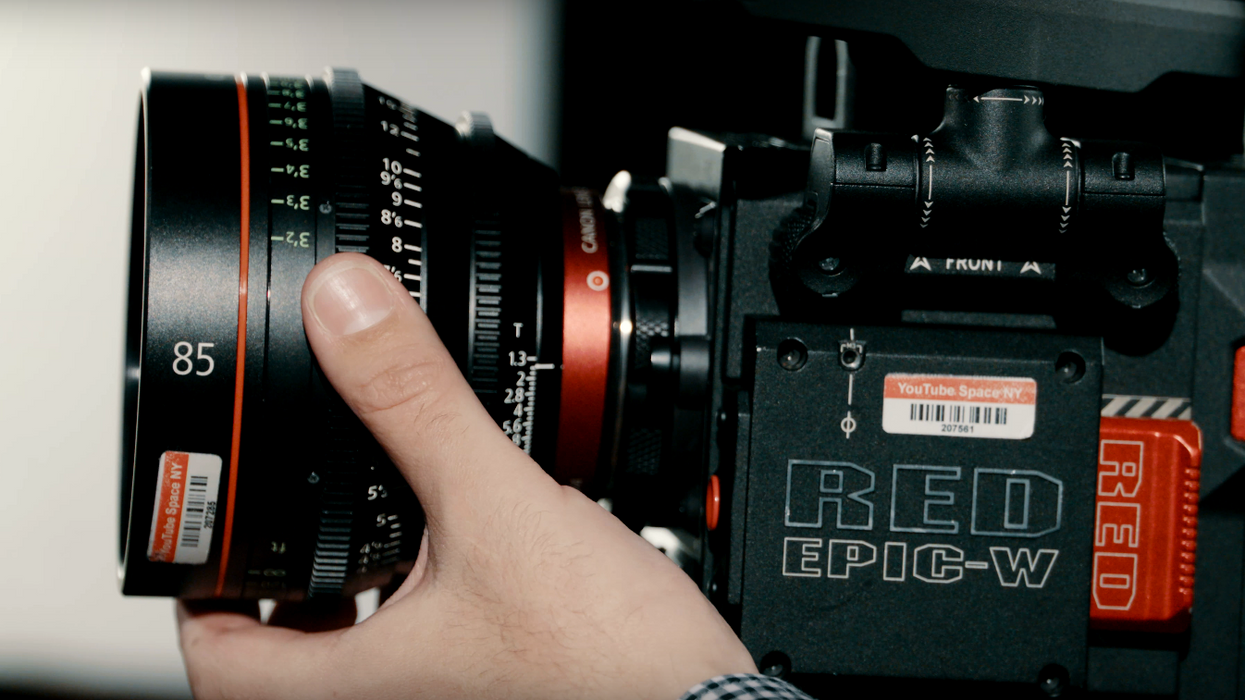The Great Resolution Debate: Is 8K the Future of Filmmaking?
This might be the year that filmmakers start noticing some gray hairs and wrinkles on their 4K cameras.

For the past three or four years, all that filmmakers and gearheads have been talking about is 4K. Every time a new camera would come out, the questions on everyone's mind would be whether or not it shot in 4K and if it did, could it do so internally. But now that it's more or less an expectation for consumers, the chatter about 4K has died down some, which makes many wonder about the higher resolution that is waiting on the horizon, when it will make it into town, and whether or not it should be welcomed.
In this video, Matt Granger discusses the evolution of video resolution, its possible future, and why filmmakers should be ready and willing to adopt 8K when it finally trickles down the market and becomes more affordable.
Whether you spend camera launch days standing in line with a fistful of hundos or quietly petting your fossilized mini-DVs, there's no doubt that technology continues, and will always continue to advance. Even if not everyone shows up to the party at the same time, they all eventually get there, whether it's the hoards of camera companies churning out 4K shooter after 4K shooter or TV manufacturers unveiling screens that can handle all of the extra resolution.
Perhaps that's the reason why last year's NAB was so—boring and responsible. Instead of rolling out a bunch of flashy new cameras, almost every gear manufacturer revealed that they'd been beefing up their current lines and putting in some serious work under the hood, which was coincidentally perfect timing given that RED unveiled their 8K Helium sensor about three months later.
Could that mean that NAB 2017 will be all about 8K? Maybe, but whether 8K is really landing this year or not, it's important to ask yourself if you're going to adopt it or stick with what you've got. Granger makes a lot of great points in the video, but in the end it's about your preferences and needs as a filmmaker.
Source: Matt Granger













